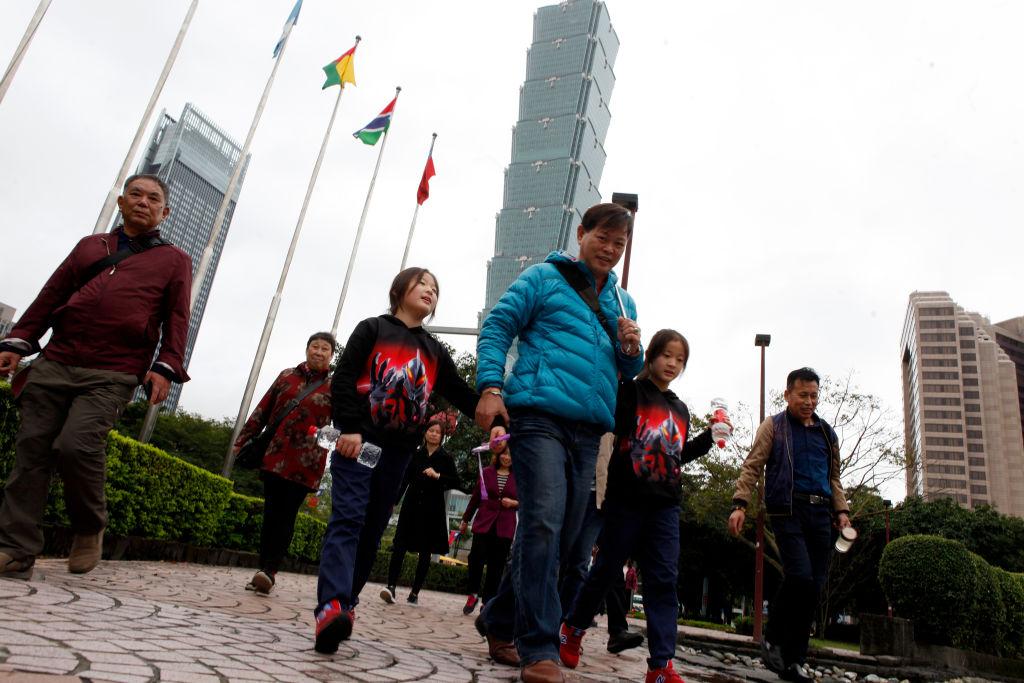TAIPEI, Taiwan—Beijing’s sudden decision to suspend individual travel permits for mainland Chinese visiting the self-ruled island of Taiwan is a politically motivated move, according to local observers.
China’s Ministry of Culture and Tourism made the announcement on its website on July 31, saying that the suspension would apply to Chinese citizens in 47 cities, effective on Aug. 1. This means that residents in those cities can only visit Taiwan as part of a tour group.





